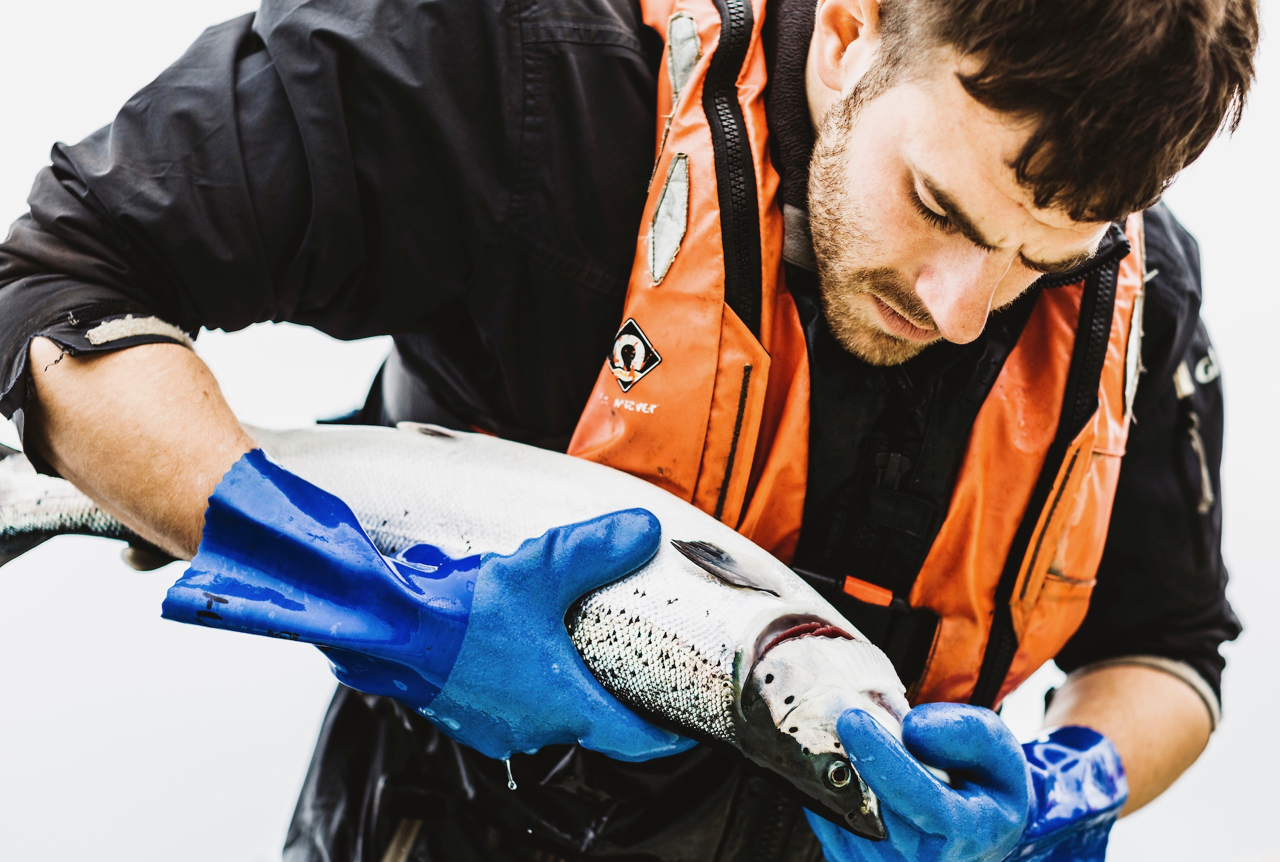Salmon farmer invests £750,000 in gill health

SCOTTISH Sea Farms is to lead a research project focused on increasing understanding of gill health in farmed salmon.
The £601,000 study – of which Scottish Sea Farms will fund 62 per cent – will be the salmon farmer’s second such collaboration with academics at the University of Aberdeen, feed specialists BioMar and the Scottish Aquaculture Innovation Centre (SAIC).
Together, the two projects represent almost £750,000 investment in gill health by the company since 2018.
Scottish Sea Farms’ head of fish health, Dr Ralph Bickerdike, said: ‘The gills are hugely important to the overall health and wellbeing of Atlantic salmon, yet the factors affecting these vital organs are as highly complex as they are little understood.
‘This second gill health project seeks to explore further the early insights gleaned in our initial collaboration, helping increase knowledge of the key risks and how to pre-empt and avoid them.’
The project team will focus on exploring the effect of geography and seasonal influences on gill health, so preventative measures can be identified and deployed; and testing the accuracy of new biomarkers – veterinary tests which help indicate the health status of fish.
SAIC’s manager for the gill health project, Caroline Griffin, said the organisation was supporting a range of gill health projects across Scotland, drawing on the expertise in academic institutions and industry.
‘The new knowledge gained will be shared across the sector, helping salmon farmers to maintain healthy populations of farmed fish.’
Scottish Sea Farms’ Lismore North farm in Loch Linnhe experienced unusually high mortalities of 22 per cent during the last crop as a direct result of complex gill health disorder.
Bickerdike said: ‘When seawater temperature rises, even by something as seemingly slight as 0.5 degrees, more marine organisms grow.
‘In the summer of 2018 – the joint hottest summer on record for the UK – we experienced a phytoplankton bloom in the Loch Linnhe area which resulted in a challenge to gill health.
‘Increasing our understanding of what more we can do to pre-empt and prevent these kinds of challenges is a priority.’
Scottish Sea Farms said its Lismore North farm witnessed 15 per cent mortalities earlier in the same crop due to saprolegnia, a health challenge which arises at freshwater stage and another area currently being researched.
This led to an overall survival rate of just 59 per cent for the total crop, compared with survival rates in excess of 90 per cent for the previous three cycles.
‘Across our farming estate, average end of crop survival is now 87.2 per cent,’ Bickerdike added.
Scottish Sea Farms said it has invested more than £10 million in applied research into fish health in the last five years alone.

